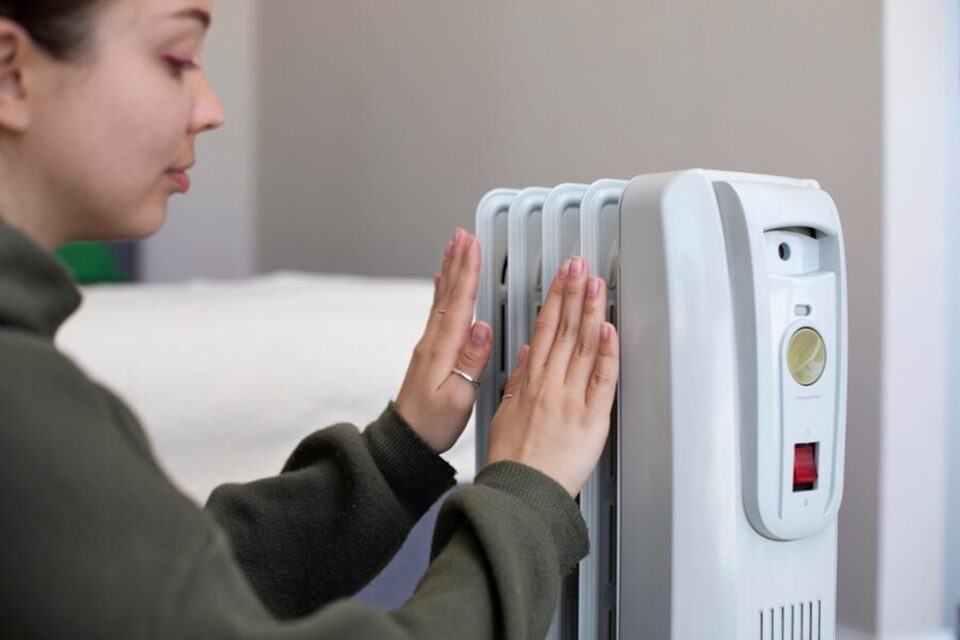Keeping your home warm and comfortable during the winter months is essential. However, traditional heating systems can be inefficient, leading to high energy bills and uneven temperatures throughout your house.
Let’s get started!
Optimizing Your Home Heating System: A Guide to Efficiency and Comfort
This guide explores several strategies to optimize your home heating system, ensuring a cozy and cost-effective winter.
1. Upgrade to a High-Efficiency Boiler:
A significant contributor to home heating inefficiency is an outdated boiler. Traditional boilers often waste energy by converting a large portion of fuel into heat that escapes the system. Consider upgrading to high efficiency steam boilers. These boilers utilize advanced technology to capture more usable heat from the fuel source, resulting in significant energy savings.
High-efficiency boilers can reduce your heating costs by up to 30% compared to conventional models. Additionally, they typically operate quieter and require less maintenance.
2. Invest in Proper System Maintenance:
Regular maintenance is crucial for maintaining peak performance and efficiency from your heating system. Schedule annual inspections with a qualified technician to clean the boiler, inspect key components, and ensure proper operation.
A well-maintained boiler will operate more efficiently, extend its lifespan, and potentially prevent costly breakdowns during the peak of winter. Moreover, regular maintenance will help to ensure that your family is safe from the potential hazards of malfunctioning heating systems.
3. Optimize Heat Distribution:
Uneven heat distribution throughout your home can lead to discomfort and wasted energy. Ensure all vents and radiators are free from obstructions, allowing for optimal airflow. Consider installing programmable thermostats that allow for temperature adjustments throughout the day and night.
For homes with forced-air heating systems, balancing the airflow between registers can ensure each room receives the desired heat level.
4. Consider a Zone Heating System:
Zone heating allows you to control the temperature in different areas of your home independently. This can be particularly beneficial in homes with unused rooms or areas with varying heating needs.
These systems utilize strategically placed thermostats and motorized dampers to regulate heat flow to specific zones. This targeted approach can significantly improve comfort and reduce energy consumption.
5. Address Drafts and Leaks:
Drafts and air leaks around windows, doors, and other openings can allow warm air to escape your home, forcing the heating system to work harder to maintain the desired temperature.
Seal any identified leaks and cracks to improve the overall efficiency of your heating system. Additionally, consider insulating exposed pipes and attics to prevent heat loss from these areas.
6. Hydraulic Pumps for Complex Heating Systems:
For complex heating system modifications, consulting a qualified HVAC professional is recommended. They can assess your specific needs and recommend the most suitable solutions, including potential upgrades like zone heating systems. In some hydronic heating systems, a hydraulic pump might be necessary to ensure efficient water circulation.
These pumps can be found online through retailers specializing in Hydraulic Pumps For Sale. To ensure the best outcome, it is important to consult with an HVAC professional to determine the necessary modifications and upgrades for your system.

